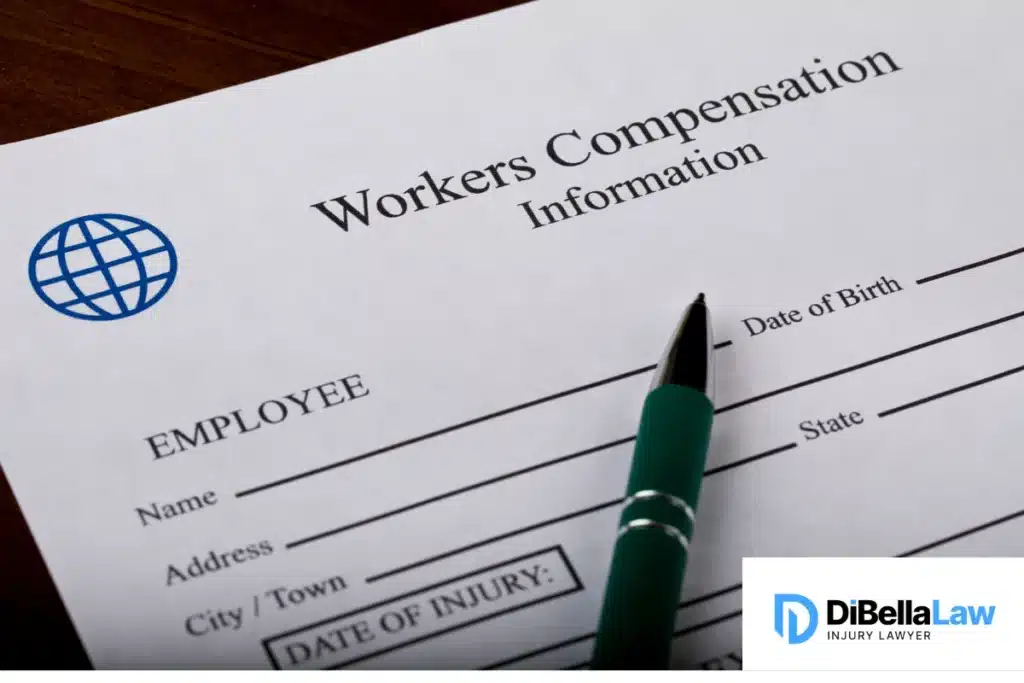If you’ve been injured on the job in Massachusetts, you may be feeling overwhelmed and unsure of what to do next. The good news is that the workers’ compensation system is designed to protect you and provide you with the support you need to recover and get back to work. In this blog post, we’ll break down the basics of workers’ compensation in Massachusetts and answer some of the most frequently asked questions to help you navigate the process with confidence.
What is Workers’ Compensation?
Think of workers’ compensation as a safety net for employees. If you get hurt at work or become ill due to your job, workers’ comp is there to catch you. Your employer is required by law to have workers’ compensation insurance, which covers your medical expenses and provides other benefits like disability payments if you can’t work because of your injury or illness.
Who is Eligible for Workers’ Comp Benefits?
If you’re an employee in Massachusetts and you get injured or sick because of your job, you’re most likely eligible for workers’ compensation benefits. It doesn’t matter if the injury was your fault or not, even if you accidentally hurt yourself, you can still receive benefits. However, if you’re an independent contractor, you may not be covered. Keep in mind that some employers incorrectly classify workers as independent contractors when they’re actually employees, so if you think this might apply to you, it’s worth speaking with a workers’ comp attorney at DiBella Law.
What Types of Injuries are Covered?
Workers’ comp covers a wide range of injuries and illnesses, as long as they’re work-related. This includes obvious injuries like cuts, broken bones, and strains from accidents at work. But it also includes less obvious things like repetitive stress injuries (think carpal tunnel syndrome from typing all day), illnesses caused by exposure to toxic substances at work, and even mental health conditions like anxiety or depression that are caused or worsened by your job. And you don’t necessarily have to be at your usual workplace, if you’re injured while traveling for work or at a work-sponsored event, you may still be covered.
What Benefits Can I Receive?
Workers’ compensation provides several types of benefits, depending on your situation:
- Medical Expenses: Workers’ comp will cover all reasonable and necessary medical treatment related to your work injury or illness, including doctor’s visits, hospital stays, medications, and medical equipment.
- Disability Benefits: If you can’t work because of your injury, you can receive disability benefits to help replace your lost income. The amount you receive depends on whether you’re totally or partially disabled and how long you’re unable to work.
- Specific Injury Benefits: For certain types of injuries, like loss of a limb or permanent disfigurement, you can receive a specific amount of compensation as outlined in Massachusetts’ workers’ comp laws.
- Death Benefits: If a worker tragically dies due to a work-related injury or illness, their surviving spouse and dependent children can receive death benefits, including burial expenses.
How Do I File a Claim?
To start a workers’ comp claim, you need to notify your employer as soon as possible after your injury or illness. They are required to provide you with the necessary paperwork and file a First Report of Injury with their insurance company and the state. You should also seek medical treatment and follow your doctor’s recommendations. It’s important to keep detailed records of your injury, treatment, and any missed work. If your employer doesn’t cooperate or your claim is denied, you may need to file an appeal with the Massachusetts Department of Industrial Accidents.
What if My Claim is Denied?
If your workers’ comp claim is denied, don’t panic, you have the right to appeal the decision. The appeals process can be complex, so it’s often helpful to work with an experienced workers’ comp attorney who can guide you through the process and protect your rights.
Can I Sue My Employer?
In most cases, workers’ compensation is your exclusive remedy for a work-related injury or illness, meaning you can’t sue your employer. However, there are some exceptions, such as if your employer intentionally harmed you or if a third party (like an equipment manufacturer) was responsible for your injury. An attorney at DiBella Law can help you determine if you have a case outside of the workers’ comp system.
Dealing with a work injury or illness is stressful enough without having to navigate the complex workers’ compensation system on your own. By understanding your rights and the benefits available to you, you can feel more empowered and confident in pursuing the support you need. And remember, if you’re ever unsure or encountering obstacles, don’t hesitate to reach out to a qualified workers’ comp attorney for guidance.
